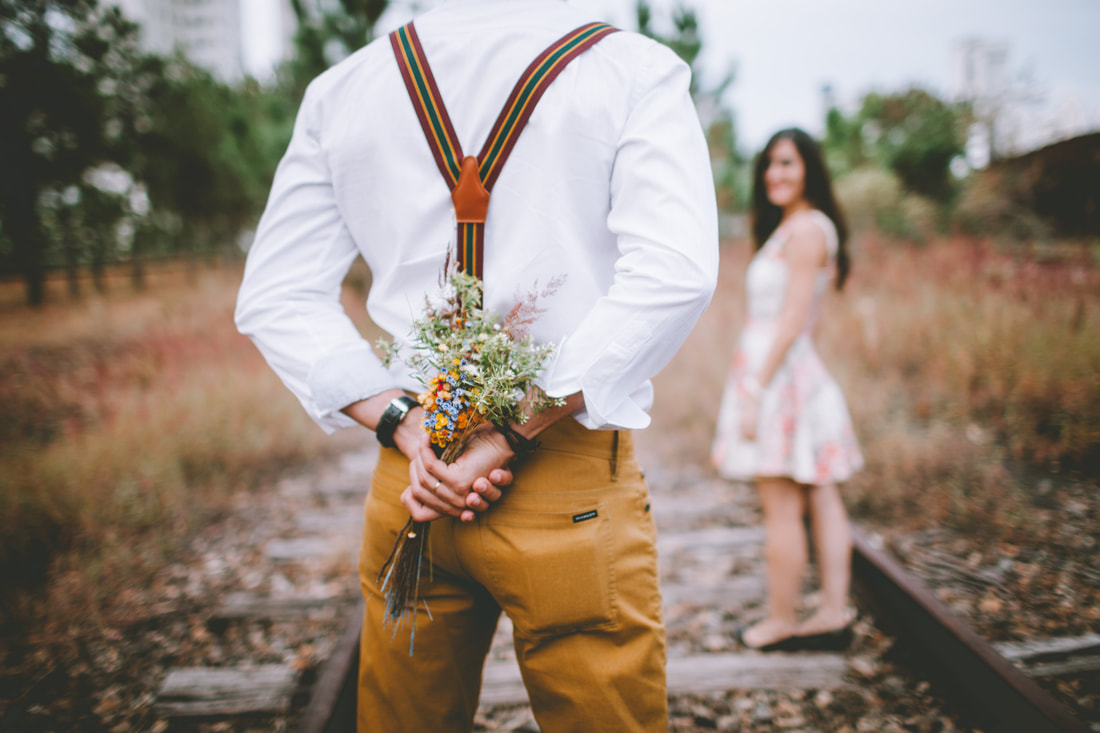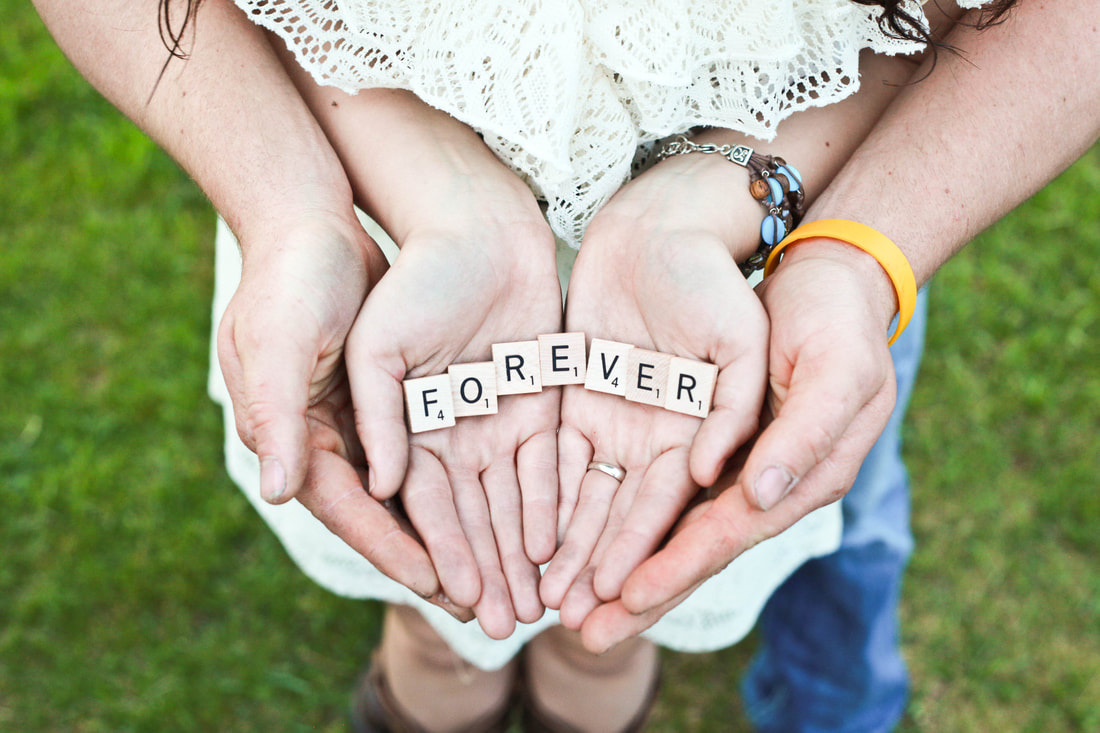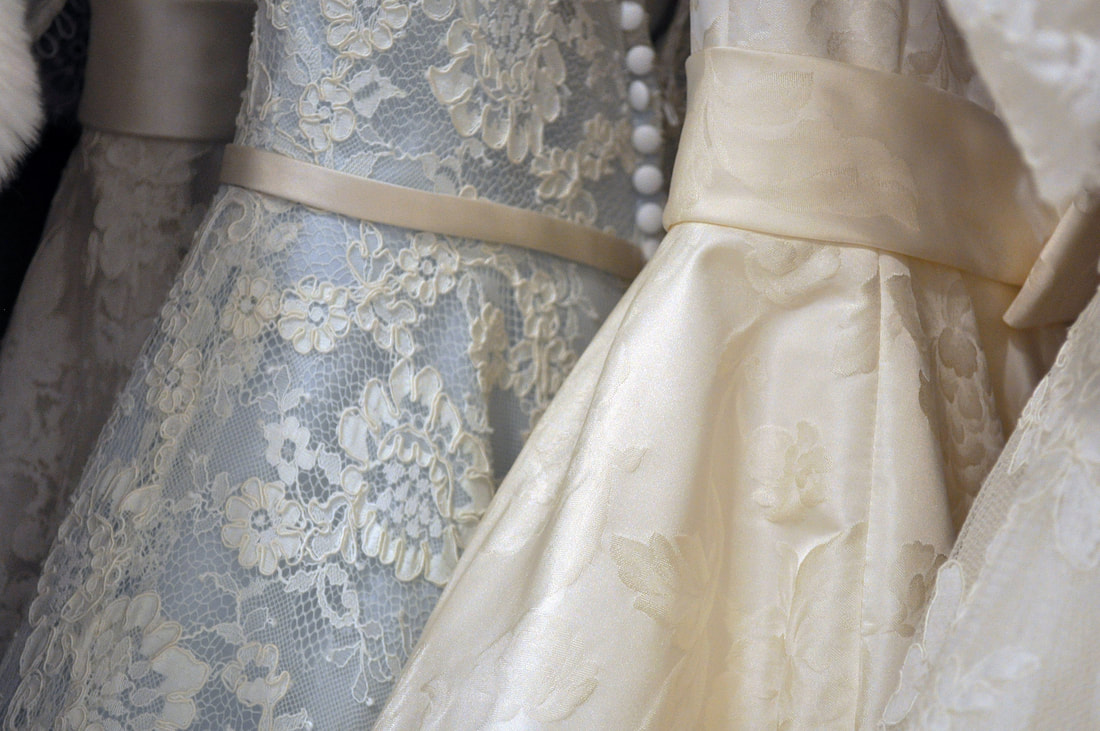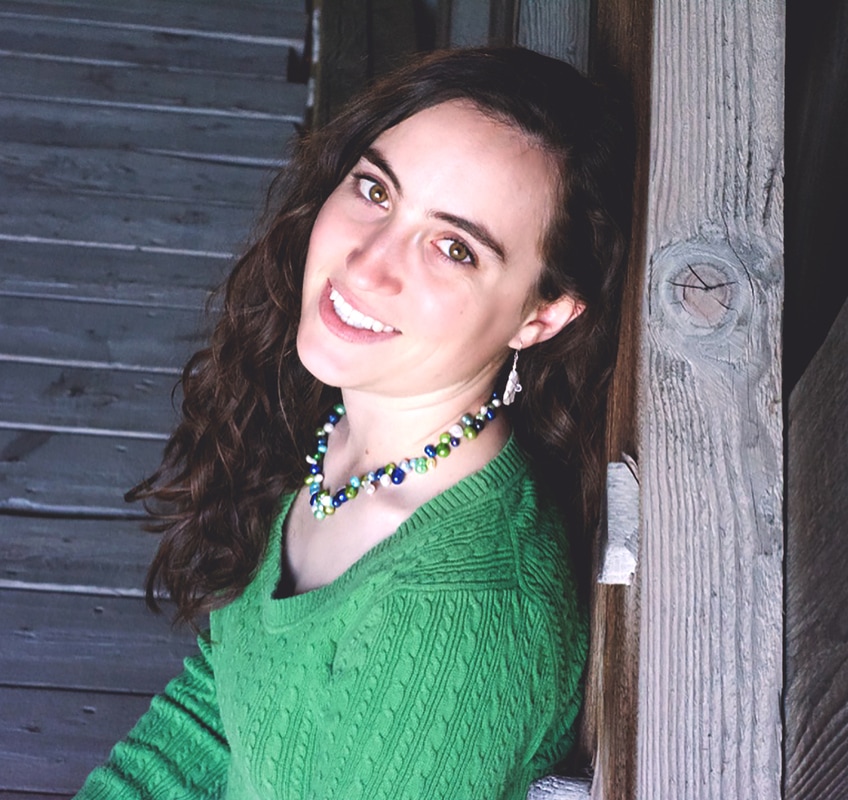|
When Josh Harris--author of I Kissed Dating Goodbye, a book that contributed to the "purity culture" of my generation--publicly admitted that he was not proud of some of the directions that the purity culture had taken, I thought, "This might be a good thing. We might be able to have an honest discussion now about some of the purity culture's difficulties." My hope turned to dismay when, recently, I learned that Josh Harris and his wife are divorcing and Josh no longer identifies as Christian. The purity culture discussion was just becoming another opportunity for #exvangelical and "deconstruction" advocates to rally. But I still want to have the discussion and tell my own story of growing up in the purity culture--the good and the bad. So here goes. The Purity Culture's BeginningsIn our grandparents' day, there were certain societal expectations of decorum and reservation when it came to dating. It wasn't a perfect system. Divorce was already on the rise. But it wasn't the sexual free-for-all we see today. In our parents' generation, things changed. We had Woodstock and "make love, not war" and the dramatic increase of drugs and the sexual revolution. When the Jesus movement swept through the nation in the 70's and 80's, former hippies settled down to have families and realized that they did not want their precious children to participate in so many of the soul-destroying activities that they themselves had. These first-generation Christian parents saw the havoc wreaked by casual sex. They faced the daunting task of somehow creating a culture that helped their children prepare for marriage without so much regret and baggage. By the time their children were of an age to begin marrying, those young adults themselves were becoming some of the biggest advocates of the new purity movement. While their secular peers had gone from "Should we hold hands on the first date?" to "Can we have sex on the first date?" these second-generation Christians were part of a growing movement that declared "True love waits." Courtship replaced dating, and virgins married virgins (or, at least, secondary virgins). They began raising families within the (largely) conservative Christian culture. By the time their youngest siblings or their oldest children began to marry, these advocates found the purity culture coming under significant fire. Accusations abounded of hyper-patriarchal oppression, sexual abuse cover-ups, and more. Young adults began leaving not only the courtship model, but the Christian faith, in droves. So what went wrong? Why I Kissed Dating GoodbyeBorn at the tail end of the 80's, I hit puberty right when the purity movement was beginning to gain real momentum. I read I Kissed Dating Goodbye when I was about thirteen or fourteen, and it was a solidification of many of the things I had been taught. The basic reasoning went like this: Dating tends to be casual and uncommitted. It focuses more on the status and emotional high of having a GF or BF than it does on actually looking for someone with the qualities of a potential spouse. It creates an environment that encourages emotional and even physical involvement without requiring commitment and responsibility. The resulting relational immaturity and transgression of Biblical sexual morality becomes a poor foundation for a lifelong marriage relationship. In contrast, courtship is intentional. The ultimate goal is to find a qualified spouse and not simply to "play at" marriage prior to the actual commitment. Family involvement, chaperoned dates, and paternal blessing are all part of the emphasis on sexual purity and relational stability. It creates an environment of responsibility, accountability, and intentionality that becomes the foundation for a committed marriage relationship. This contrast made sense to me. As a teenager, I watched my secular peers get into relationship after relationship, terrified of being single and desperate to prove that they were desirable. A first kiss became a rite of passage, not a special moment in a committed relationship. Losing one's virginity--well, that was bragging rights. Oh, but don't be too sexually free. Then you're a slut (if you're a girl) or a player (if you're a guy). My friends had to worry about unintended pregnancies and sexually transmitted diseases, and they thought this was normal. If the free sex culture was so wonderful, why did I see so many desperately unhappy young people? Why didn't anyone seem to know the answer to a meaningful relationship? On the other hand, I saw young people from Christian families walk down the aisle, anticipating their first kiss with their spouse, with no past relational regrets and with "for as long as our lives shall last" on their lips. The contrast of confusion and temporary relationships with joy and permanence was so stark that I was convinced. I pitched my tent solidly in the courtship camp and set my standard. It was courtship or nothing. Courtship and Unrealistic ExpectationsIt wasn't until I was in my mid-20's that I began to see some of the problems with the purity culture. First, the culture often considered "emotional purity" to be on the same level of sexual purity. Christian young adults freaked out when they had a crush on someone, because they felt they were "giving away their heart" to someone who might not end up being their spouse. I always felt like I was somehow cheating on my future husband if I felt attracted to a guy. I eventually figured out that panic wasn't the right answer, but I still wasn't exactly sure how I was supposed to respond to those feelings. Second, it was really hard in the culture to know how to develop a friendship with the opposite gender. I felt like I was compromising my emotional purity to be a good friend with a guy. Also, people might talk. Maybe I'd be accused of flirting. Any deeper discussion of my dreams, fears, hopes, or other personal thoughts could end up producing that emotional attachment that I should save only for my husband. And anyway, once I was married, I couldn't be friends with guys anymore. Third, if a young man asked to court a lady, he had to already be 90% certain that this was the woman he wanted to marry. As Thomas Umstattd put it, asking to court became the emotional equivalent of asking for a young woman's hand in marriage. That was a lot of pressure for a guy in a scenario in which being casual friends with a young woman was already difficult (for the reasons cited in the above paragraph). Fourth, this model only worked if the single woman (1) had a dad or dad-figure in her life, (2) lived close to or with that paternal figure, (3) had available third wheels, and (4) was courting someone who was familiar with the courtship model. This was why most courtships involved two families familiar with the model, and young women who still lived in their fathers' house even well into adult singlehood. It got a lot more complicated if the fathers weren't in the picture, if one partner came from a non-courtship background, or if the young woman lived separately from her family. Finally, there was an expectation that, if you let God write your love story, you were guaranteed to have a fantastic, fulfilling, Christ-honoring marriage. You put in the work to be a responsible single; God would reward you with an incredible marriage. Why Courtship Doesn't Always WorkOver time, I began to see how these expectations could sabotage the very security and joy that they were meant to protect.
I remember watching a situation in which a very godly young man expressed interest in an also very godly young woman. They hardly knew each other and had had no contact outside of church, but whatever he had observed was enough for him to ask to court her. The father gave permission and they began their chaperoned process. The problem? The young man was already 90% sure he wanted to marry her (refer to point 3 above) but the young woman was not so certain. However, she was not sure how to get to know him better without the official courtship process, so she had said yes. As the relationship progressed, she realized that, though he was a fantastic young man, he was not the one for her. When she asked to end the courtship, she felt like she was now forever marked as a woman who had had a failed relationship, almost tantamount to a broken engagement, and that she had given away pieces of her emotional self to a man she would never marry, pieces she could never reclaim for her future marriage. As a result, she made decisions later on that she regretted, because she felt that she had already lost her "emotional purity"--what was a little more loss? This story was not unique to her. I became terrified by stories of broken courtships. Would I someday court a man who I couldn't marry, and thus deprive my husband of my emotional virginity? Would my future husband come from a broken relationship and give me an incomplete love because he invested pieces of his heart in other women? I was also increasingly terrified by even worse stories. Stories of couples who had gone through the courtship process to the letter--never kissed or even held hands until their wedding day--and now they were getting divorced. What had happened to that guarantee that if God wrote your love story, you'd get a happily ever after? Casual dating was not the answer, but courtship had so many rules that I felt I was set up for inevitable failure and disappointment. As the years went on, I began to lose hope that there was such a thing as vibrant, joyful marriage at the end of all this. In a sort of Christian cynicism, I focused more on the commitment of the marriage contract than on the joy that I truly desired. Maybe I couldn't be a happy wife, but I could be a dutiful one. Then God brought Paul into my life, and all my theories of relationship were tested. Continue reading: "How My Husband and I Developed a Relationship"
2 Comments
Sparksofember
11/4/2019 02:17:16 pm
I was born in 79 so I experienced the full-blown "true love waits" movement but pretty much missed the courting development. All the girls I hung out with at church (myself and my sisters included) had chastity rings (aka true love waits rings) and some of the guys did too. My sister did the "no kiss until at the alter" thing but nowadays she rolls her eyes about it, saying they justified an awful lot while still claiming having not officially kissed yet.
Reply
Leave a Reply. |
Meet YaashaNone of my life has gone the way it was "supposed to go," but I don't love my life any less because of the hardships and new directions. I see so much unexpected good in it, and I want others to see the good in theirs. Archives
May 2020
Categories
All
|






